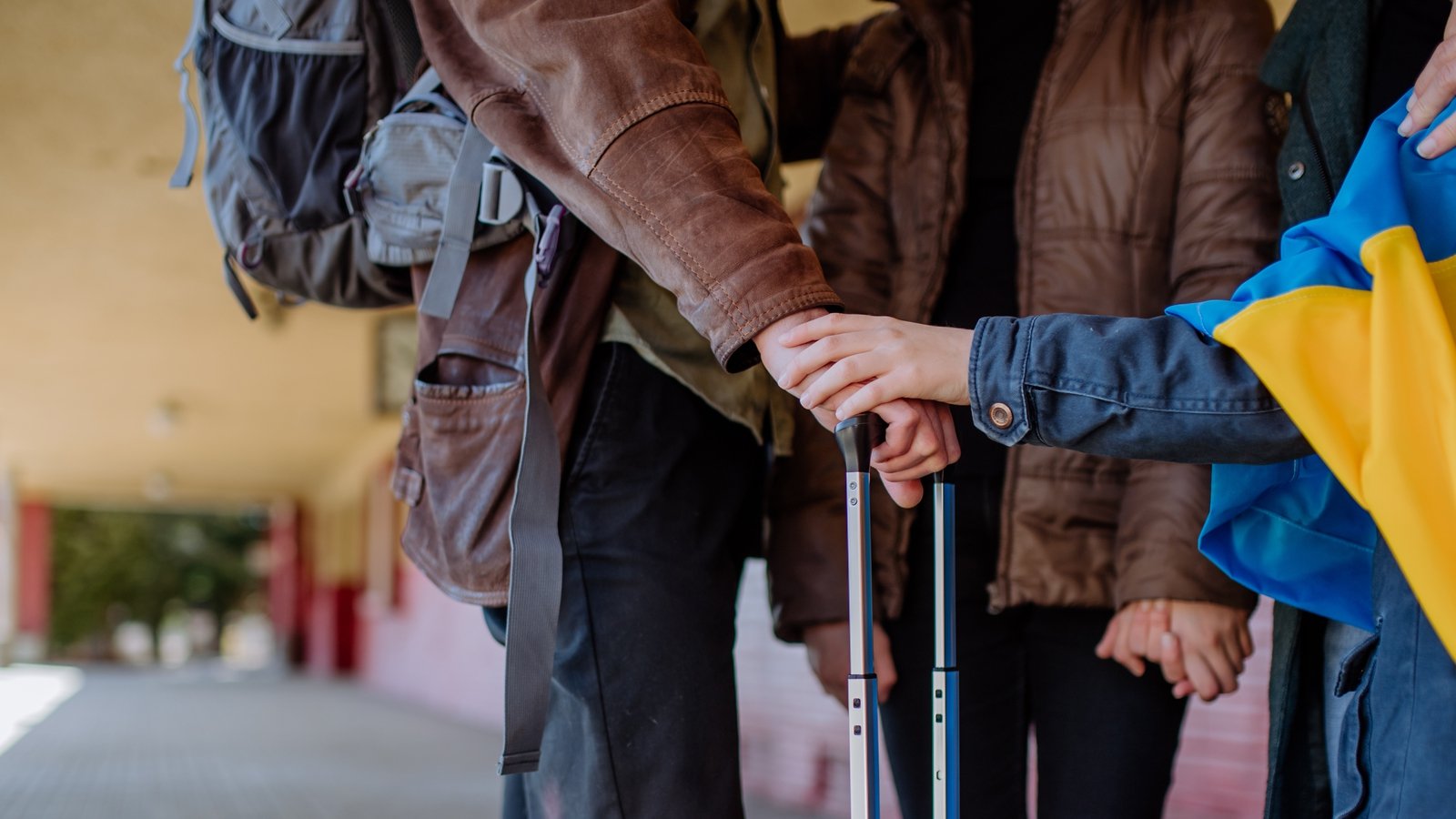World
No Ukrainians left homeless since 90-day cut off began

So far no Ukrainians who have reached the 90-day cut off for free accommodation have exited the system without alternative accommodation in place.
The 90-day cut of limit, which was introduced on 14 March, kicked in on Wednesday.
RTÉ News understands that this week pledged accommodation was found for those due to leave on Wednesday, Thursday and today.
Notices have been put in all five Designated Accommodation Centres (DACs) around the country informing residents:
“If you are still in the centre at your 90th day you and your belongings will be transported away from the centre to a clinic where you will have space to make your own onward arrangements. It will not be accommodation. You cannot stay there.”
The information clinic for those exiting designated accommodation centres without alterative accommodation is in Citywest in Co Dublin, but so far no one has been transported there.
John Lannon of migrant support group Doras in Limerick has said that organisations supporting Ukrainians remain concerned.
“Despite the best efforts of support agencies and organisations, there will be families that cannot find anywhere to live beyond their deadline to leave a centre,” Mr Lannon said.
“Up to now, many have been able to find somewhere to live, either in hosted accommodation, or through the Offer a Home scheme, or by making other arrangements, but this is not a sustainable solution.
“There is a limit to the available options, and people will be left homeless if the policy is not changed.
“There are also risks that people will end up in unsuitable arrangements, and potentially face being exploited.”
This week the Department of Integration reiterated that no one would be permitted to stay in the designated accommodation centres for newly arrived Ukrainian Beneficiaries of Temporary Protection for longer than 90 days.
RTÉ News understands that each week for the next three weeks, between 30 and 40 people currenting living in designated accommodation centres are due to reach the 90-day limit.
Under the scheme introduced on the 14 March newly arrived Ukrainian Beneficiaries of Temporary Protection can avail of free accommodation in a designated accommodation centre for a maximum of 90 days, when they will received a weekly allowance of €38.80 per adult and €29.80 per child.
When they leave the designated accommodation centre they are entitled to apply for standard social welfare assistance.
“Since the introduction of the Government’s 90-day accommodation policy in March, approximately 2,260 people have arrived in Ireland and were granted temporary protection from the war in Ukraine
“Just over 60% of them accepted the offer of State-provided accommodation,” a Department of Justice spokesperson said.
Of those who have already left designated accommodation centres, figures provided by the department show that “24% have found accommodation through pledged properties/Offer a Home Scheme” and “55% have found accommodation privately”.
Pledged or hosted accommodation does “not fall within the 90-day rule.”
It is believed that much of the privately sourced accommodation may also be hosted accommodation which has been organised independently.
In May, 72% of newly registered hosted accommodation, where a host receives a monthly Accommodation Recognition Payment of €800, fell outside the pledge schemes operated by the Irish Red Cross, Helping Irish Hosts or Local Authorities.
The numbers seeking temporary protection in Ireland have fallen this year.
In April, the number of Ukrainians seeking protection in Ireland fell to 659, however, it climbed to 821 the next month.
Last year, the monthly figures for new arrivals ranged from a low of 1,882 in April to 3,395 in July.
So far this year, only January has seen over 1,000 new Ukrainian arrivals, with 1,451 seeking protection in the country that month.
Yesterday, the European Council welcomed a proposal to extend the temporary protection mechanism for Ukrainians fleeing the war until 4 March 2026, citing the “volatility of the situation in Ukraine”.










